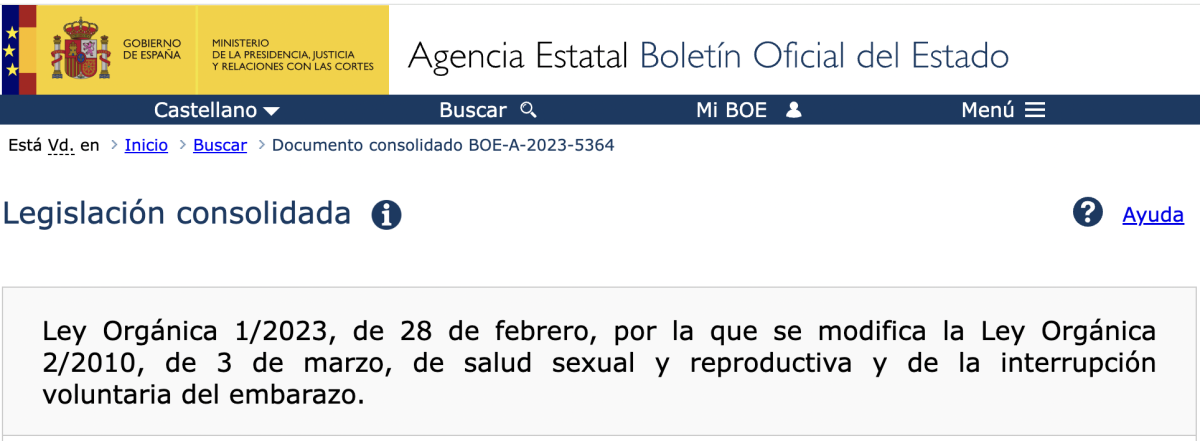Painful periods (EN)
Painful menstruation affects a large percentage of women and can significantly interfere with their quality of life.
Implement a comprehensive programme to address painful menstruation.
This programme can be implemented nationwide, with a special focus on rural and under-resourced areas.
• Women suffering from painful menstruation.
• Health professionals.
• Educational personnel.
• Public and private institutions.
• Community in general.
• Information and awareness campaigns: Disseminate accurate information about menstruation through different channels, including the media, schools, health centers and social media.
• Training for health professionals: Provide specialised training for doctors, nurses, gynaecologists and other health professionals on the diagnosis and treatment of painful menstruation.
• Creation of specialised centers: Implement comprehensive care centers for painful menstruation, where women can receive specialised medical care, emotional support and resources.
• Research funding: Allocate resources for research into painful menstruation and its causes.
• Subsidise products and services: Provide financial support for women to access menstrual health products and services.
• Lack of knowledge about menstruation and its effects on health.
• Taboos and social stigma around menstruation.
• Difficulties in accessing specialised medical care.
• Lack of support and resources for women suffering from painful menstruation.
• Reduction of pain and better understanding of menstruation, i.e. which pains are normal, when to go to the doctor, to investigate.
• Improved quality of life for women.
• Increased participation of women in education, work and social life.
• Decrease in the costs of absenteeism from work and school.
• Advancement of gender equality and public health.
Organic Law 1/2023, of 28 February, which amends Organic Law 2/2010, of 3 March, on sexual and reproductive health and the voluntary termination of pregnancy.
https://www.boe.es/buscar/act.php?id=BOE-A-2023-5364

